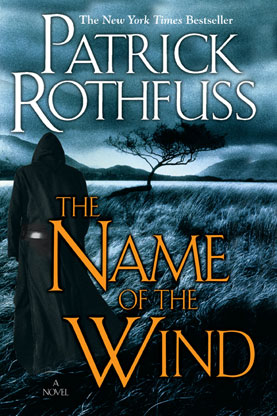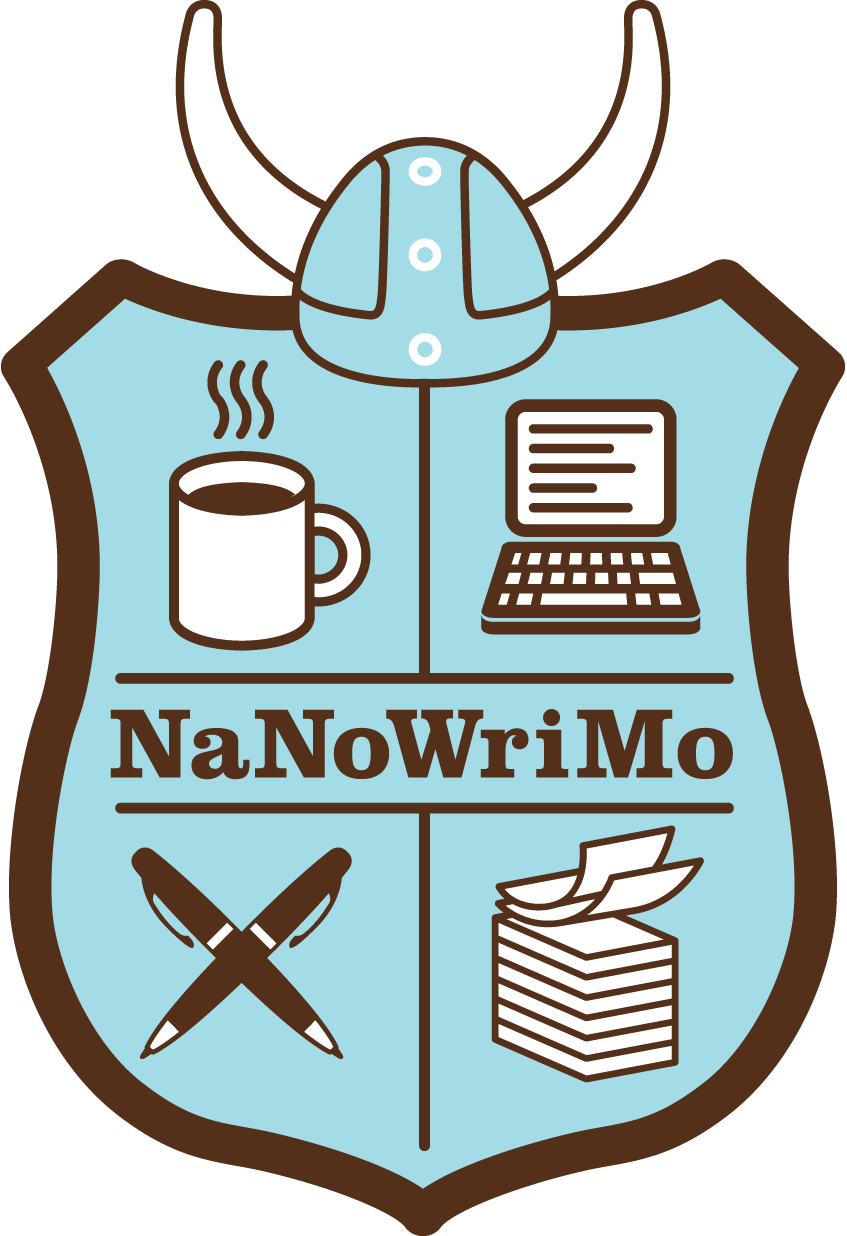
My favorite board game is Betrayal at the House on the Hill. I accept that it is not the best board game, it is still my favorite. Even though I'm not normally a fan of horror.
Betrayal Explanation
If you're not familiar with the game, I'll give a short explanation. In Betrayal, players are exploring an old mansion. The mansion is revealed room by room as room tiles are drawn from a deck and placed down to form the places the players are exploring. Different rooms may trigger varying frightening events or reward the players with items.Partway through the game, an event will happen which will trigger the second phase, the haunt. When the haunt is triggered, players look at a chart to determine, based on the variables that started the haunt, what adventure they will be playing. There are 50 different scenarios (100 with the new expansion) that can occur. Usually, one of the players (often the one who triggered the haunt), will be the "traitor," and will take a role opposing the other players from that point forward. Depending on the situation, the traitor might be a vampire, or a madman trying to blow up the house, or a cultist bringing ghosts up from the dead, or many other things. Each scenario is unique, with unique objectives for the traitor and the players.
Why I like Betrayal
I like stories. They're some of my favorite things. Betrayal provides some of the fun of being able to experience an adventure together with friends that roleplaying games bring (with less depth, of course), without requiring someone to spend a lot of time prepping an adventure to GM.I like exploring the house and seeing it form completely differently each time I play. I like all the different scenarios allowing me to get a new story/scenario each time I play.
Also, your characters have stats that can improve or be lowered throughout the game, so I like the RPG-like mechanic of being able to work to improve my character as I go along.
Some of it's Problems
I think some of the "best" board games are based more on skill than on luck. While Betrayal does offer the players some-possibly even many-choices, it is certainly more luck than skill. While the high level of randomness in room tiles, event cards, item cards, omen cards, and the adventure itself makes the game more interesting, it also makes the game less skill based. Things happen to the characters and they don't necessarily have much choice in it. It's easy to draw an event card that screws up everything for your character even if you've made all the right choices. You may have been building up your Might and Speed, and the haunt, when it's revealed, might be based on Intellect and Sanity, making your efforts prove to be in vain.For me, I'm less concerned with being control when playing Betrayal. I'm not playing it for it to be a game of skill, so the randomness doesn't bother me so much. But, I know that for some people it does, and I know that isn't as good of a "game" because of it.
The other problem comes with the role of the traitor. The players have no control over who becomes the traitor, but once someone does, everyone else is against them. For some players, this is not an enjoyable experience. They feel like everyone else is ganging up on them, and they don't like being the enemy in something that is cooperative for everyone else.
I am among those who like being the traitor, so this experience doesn't bother me. However, I know people who have been alienated from the game from becoming the traitor on their first play.
Lately, I've been Looking for a Board Game that May not Exist.
I've been thinking about board games, and I've had a yearning for something that I'm not sure exists. Some of this comes from wanting a game that has elements of Betrayal, but with certain other distinctions.2-6 Players
Betrayal at the House on the Hill is 3-6 players. Munchkin is 3-6 players. Vast is 1-5 players, but it definitely seems less fun with 1 or 2 players than when there are more.
A lot of the time I would like to play a board game is during time when my wife and I are hanging out. I want something that I can play with her and have a good time playing, but that we could also share with other friends of ours.
Cooperative
I like games where I get to work with people. Going along with the next point, I feel like having the players on the same team allows for better story/adventure potential. While I do enjoy games where I put my wit against that of other players, my current fixation is more focused on something that can be done together.
Story/Adventure
I'm looking for something that has something of a story/adventure to it. I want to be playing characters with a goal to overcome something, like the varying scenarios in Betrayal. I like the idea of something that feels like it has a plot arc to it-a beginning, middle, and end, where more is revealed as the story goes along.
Lots of Stories
Some games are designed around one specific story. In Vast, each of the characters has a motivation or reason that they are in the Cave, and an individual objective to carry out as their adventure/story. But these motivations are the same every single game. The story is an excuse to have these things with different mechanics to be acting against each other, rather than the other way around.
Betrayal has 50-100 stories. Even playing the same scenarios more than once, the changed positioning of rooms and other important things adds some interest (and the number of scenarios means that at least it's unlikely to play the same scenario twice close together.)
Optional: Character Advancement
I like things where my character advances, what can I say?
"It sounds like you want a tabletop RPG..."
Yes, you're very smart.
BUT the distinctions between what I want and a tabletop RPG are:
- I want it to be playable with two players. (I want it to be playable with more too, but I want it to be able to go down to two)
- I don't want either of the players to have to come up with the story
- I want all the players to be able to work on a team as the adventurers/heroes. I do not want any to need to play the villain or to GM the scenario.
- I want it to have a lot of replayability with varying stories/adventures/objectives for the players.
- I want a complete story/game to be playable in one sitting (probably about an hour would be ideal, but I imagine that what I want would probably come out closer to 2).
While I do want suggestions, if any of you know of a solution that I am not aware of, here are some things I have thought about or looked into, and why I don't think they fit what I want.
- Betrayal at the House on the Hill-Need 3 players, one player ends up not being cooperative.
- Munchkin-Need 3 players, all players competitive
- Vast-All players competitive
- Order of the Stick-While I haven't played this game, it seems like despite having a degree of randomness to the dungeon, the story itself is always the same.
- D&D games like Castle Ravenloft-I haven't played these either, largely because the price is somewhat prohibitive for something I'm not sure I'll enjoy; However, my understanding is that they a) take forever and b) don't have a lot of replayability.
For a while, I had been thinking of a game like Betrayal, but heist-themed. Instead of using Might, Speed, Sanity, and Intellect of Betrayal, I'd been thinking of taking Leverage's key focuses of Hacker (for tech stuff), Hitter (for fighting), Grifter (for talking), and Thief (for things like lockpicking or pickpocketing). Players would spend the exploration phase scoping out the location of their heist (built with individual tiles), and eventually the actual heist would begin and they would have objectives to complete within the overall location.
It seemed cool. If I was confident in my ability to get around the copyright issues of deliberately ripping off both a popular board game and a television franchise, I might even look at developing it more.
But, here comes a bigger obstacle with me trying to fill my void myself-if I wrote out 50 or so scenarios for this game, I would be familiar with all of them. There would be no discovery for me to play through them. No real surprise or gain. So it's a lot of work attempting to put in front of myself something I'd enjoy to lose a large part of the enjoyment factor.
So, recently, I was thinking of a new plan:
Something with a lot more moving parts. A game that mixes and matches villains, plots, storylines, etc into varied and unique combinations such that each part of the story/adventure is randomized along the way, providing for the full stories/scenarios/adventures to be different based on the combinations. With this, even though I would be familiar with all of the moving parts, I would be able to be surprised by the combinations.
I'd think of potentially having the setting itself discovered with hexagonal tiles-like a hexcrawl.
I like this idea a lot, and I'd like to spend some time developing it.
However...
Tomorrow I'm starting at the beginning of the drafts of Episodes 104 and 105 of Heroism and Other Lies. I'm hoping to get The Wonder Vault Heist out later this week. I'm working on the final edits to Episode 101. I'll soon be running some RPGs with my regular group that-while I was thinking I had premade adventures to run-I've realized I'll need to do a fair bit of work preparing. I'm working on a one shot to test out my system in early December. Assuming that works out, I'll be going on to trying to start a campaign with my system probably in January. And then there's actually developing system/character options/etc for my system. And I have no idea when I'm going to work on Looking Glass Moon.
So, what I'm saying is...I don't really have the time to devote to making a board game right now, even if I *really* want to.
So, I'll keep the idea here and in my back pocket, to work on maybe on the side or when I get more time.
What are your thoughts on my idea? Is it a game you'd be interested in playing? Do you know of any existing games that might fit what I'm looking for?





